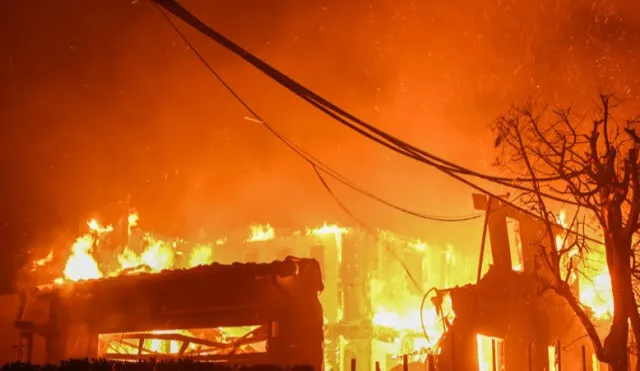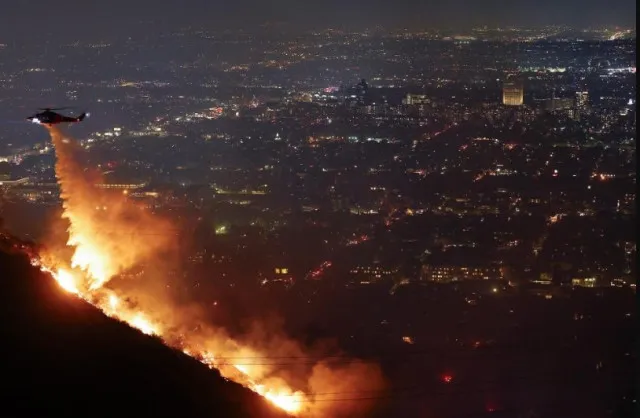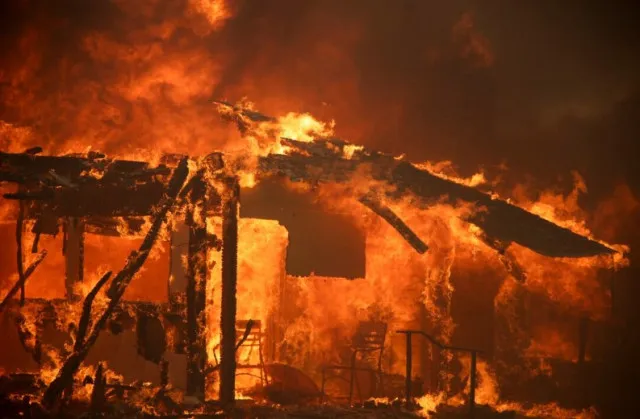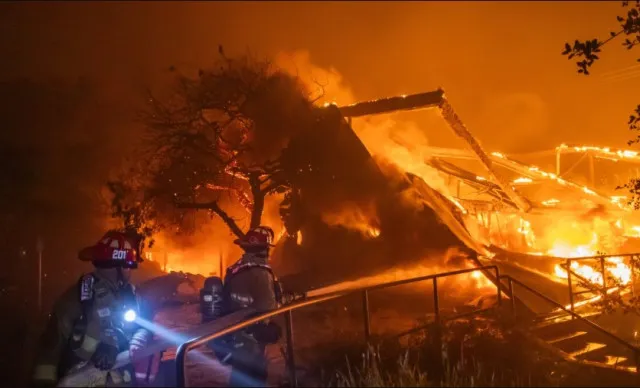Although LA is on coastline, firefighters avoid using ocean water to battle wildfires. Discover the surprising reasons behind this decision.
As wildfires ravage Los Angeles, many wonder why firefighters aren’t using nearby ocean water to fight the flames.
The Palisades Fire, which is currently the most destructive in Los Angeles County, has devastated large areas and left communities in crisis.
With the ocean just a short distance away, it seems logical to use its water.
However, there are several important reasons why this is not the best option.

The scale of the wildfires
The Palisades Fire has already burned over 17,000 acres, and containment efforts are still ongoing.
With three other fires also active in the region, the situation is critical.
Firefighters have been working around the clock to tackle the blazes, but they are faced with numerous challenges.
One of the biggest questions from the public is why ocean water isn’t being utilized to fight the fires.

Why do firefighters avoid using ocean water to put out LA wildfires despite being on coastline?
Freshwater is preferred over saltwater for firefighting.
While salt water is abundant in the ocean, it is not the preferred choice for firefighting.
Freshwater is much more effective for some reasons.
Saltwater can cause corrosion to firefighting equipment, which can lead to costly damages and repairs.
Fire trucks and hoses are designed to work with freshwater, and using saltwater can hinder their performance over time.
This makes it impractical to rely on ocean water for firefighting efforts.

Using salt water can harm soil and vegetation.
Using salt water to put out fires can also have negative effects on the environment.
Salt can damage soil and vegetation, making it harder for plants to absorb water in the future.
If firefighters used ocean water on land, it could leave landscapes barren for years.
This would not only affect the immediate area but could also disrupt local ecosystems.
Saltwater is less effective at cooling fires.
Another reason freshwater is preferred is that salt water is less effective at cooling down fires.
The presence of salt can reduce the cooling effect of water, making it less efficient in lowering the temperature of the flames.
The goal of firefighting is to extinguish fires as quickly as possible, so using a less effective method is not desirable.

Firefighters rely on freshwater from hydrants and tanks.
Firefighters typically rely on fire hydrants and water tanks that are filled with fresh water.
Most firefighting systems are designed for this purpose, making it easier to access and use fresh water during emergencies.
If firefighters were to switch to using ocean water, they would need to change their entire approach and logistics.
This would complicate operations and potentially delay response times.
Some fire hydrants have run dry during crises.
Some fire hydrants in Los Angeles have reportedly run dry during the current wildfire crisis.
This has raised concerns about the availability of freshwater for firefighting.
Despite initial challenges, officials have indicated that the water supply system has stabilized and is now better equipped to support firefighting efforts.